|
For several years the USA has been navigating a massive state of emergence, with all of the disruption that accompanies it. Tensions are also flaring at the global level. Having grown up in South Africa during apartheid, the conflict and polarity feels to me like deja vu. In some ways, it is even worse.
We do not yet know what is trying to emerge in these frequently fiery conflicts. Most of us have little individual influence over the larger whole, but we can choose to navigate conflict within our own communities.
1 Comment
If your team members are less than enthusiastic about the thought of yet another virtual meeting, you are not alone. Like it or not, online calls have become an undeniable part of the way we now work. As relationship systems coaches and leaders, we rely on face-to-face interactions. How can we encourage people to feel passionate about mutual purpose, supported, and part of a team when they are working across town, across the country, and even across the planet?
Fortunately, the same skillset we draw on in Relationships Systems Intelligence (RSI™) can help us to maintain connection in remote teams. Like other organizations, we had a learning curve to navigate as we translated in-person Organization and Relationship Systems (ORSC™) courses to an online format. So much of ORSC relies on the invisible signals we receive from one another. Would it be possible to see, hear, feel and sense the system through a screen? Yes! By adding best practices from RSI, we can carry this awareness with us into the virtual world and avoid Zoom fatigue in coaching teams.
Part 3 of the Cultivating Belonging Series • Meet, Reveal, Align & Act
“You cannot change any society unless you take responsibility for it, unless you see yourself as belonging to it and responsible for changing it.” • Grace Lee Boggs According to Webster, "belonging" means to feel a sense of connection - to a place, a group, a country. At this moment in the United States, it may seem that more divides than unites us. In 1858, speaking of the growing disconnect which would eventually lead to the Civil War, Abraham Lincoln warned "a house divided cannot stand." Can we, trained in Relationship Systems Intelligence (RSI™), use these principles, tools and skills to find alignment in our country’s culture? We all have a vested interest in creating belonging, and moving forward involves cultivating connection in contexts great and small. According to the needs outlined in Maslow’s Hierarchy, belonging is a more basic requirement than prestige or feelings of accomplishment. Currently, it does feel as if prestige and accomplishment, social status and systemic racism is seriously hampering the sense of belonging that can come with valuing diversity. Whether your goal is to encourage belonging within a community, to navigate discord in a business environment, or to find points of alignment between differing ideologies, connection begins with a conversation. Part 2 of the Cultivating Belonging Series • Conscious Connection in a Time of Isolation
Imagine aerialists in a high wire act - how they must retain a deep awareness of one another to maintain their sense of balance at a precarious height. In a pandemic year, we too find ourselves in a balancing act, with the movement of one affecting us all. For many in the United States, our social construct created distinct environments for home, work and school. As the pandemic took hold, the lines blurred and our comfortable habits disappeared overnight. Isolation and physical distancing now require us to interact with the outside world through the portal of a computer screen. When it comes to fostering a sense of belonging, texts and emails are not the same as face-to-face meetings. In her Ted Talk referenced in Part 1 of this series, Susan Pinker explains the importance of connecting live. Eye contact and physical interaction release oxytocin, helping to build trust, while reducing cortisol levels, which lowers stress. The work of Elizabeth Redcay at the University of Maryland supports Pinker. Redcay’s research found in her research that brain activity is significantly higher during live, dynamic interactions than while watching a static presentation. This research casts new light on our collective loss of a sense of belonging, and reveals some of the impact that physical distancing has on our mental well-being. Part 1 of the Cultivating Belonging Series • Why Belonging Matters
We are inextricably linked to one another. In the constant emergence of a pandemic year, the invisible threads connecting us have tightened even as they frayed. The effects of pandemic, climate change and social unrest have uprooted us from our comfort zones, separating us from our familiar ways of thinking and being. In a complex time, relationship matters more than ever. Fostering a sense of belonging is key on every level - in partnerships, teams, organizations, and the larger culture, as well as in personal, community and economic spheres. Here in the USA, our environment has become one of division descending into chaos. To move forward, we must find ways not only to accommodate diversity, but to welcome it. While creating a sense of belonging within a diverse group brings its own and different challenges, this work is essential. The reality is that there is not a single system, human or otherwise, that does not contain the systemic notion of diversity. If our nation, the world, and humanity is to unite in reality as well as in name, we must service this evolution. Now, our greatest challenge is to actively cultivate connection and belonging. Without a recognition of our interdependence and a conscious commitment to support it, we will remain in chaos. |
Archives
September 2023
Categories
All
Get notified when new articles are available. |
Quick Links |
Find Something |
Stay Connected |
©
2021

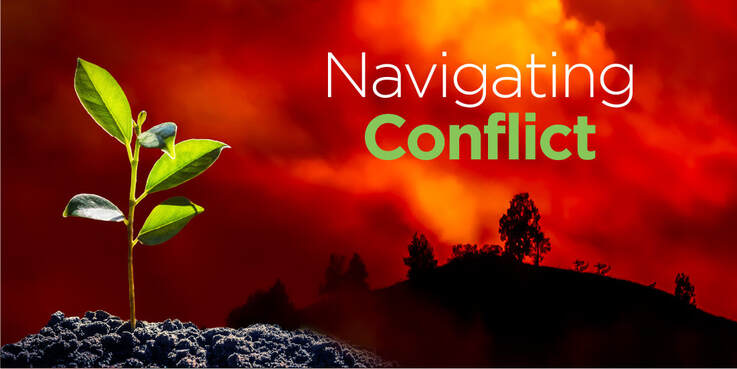
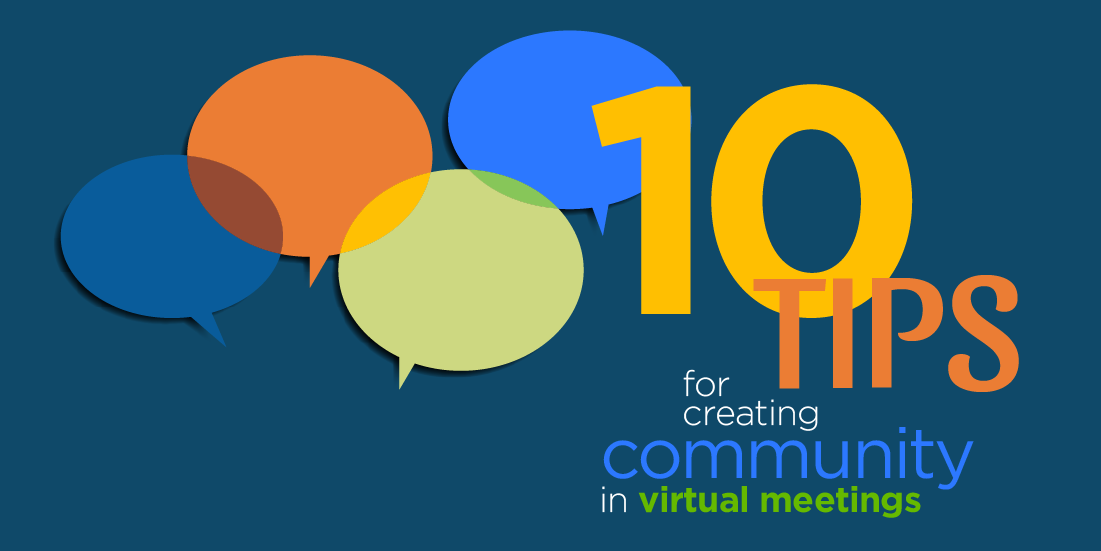
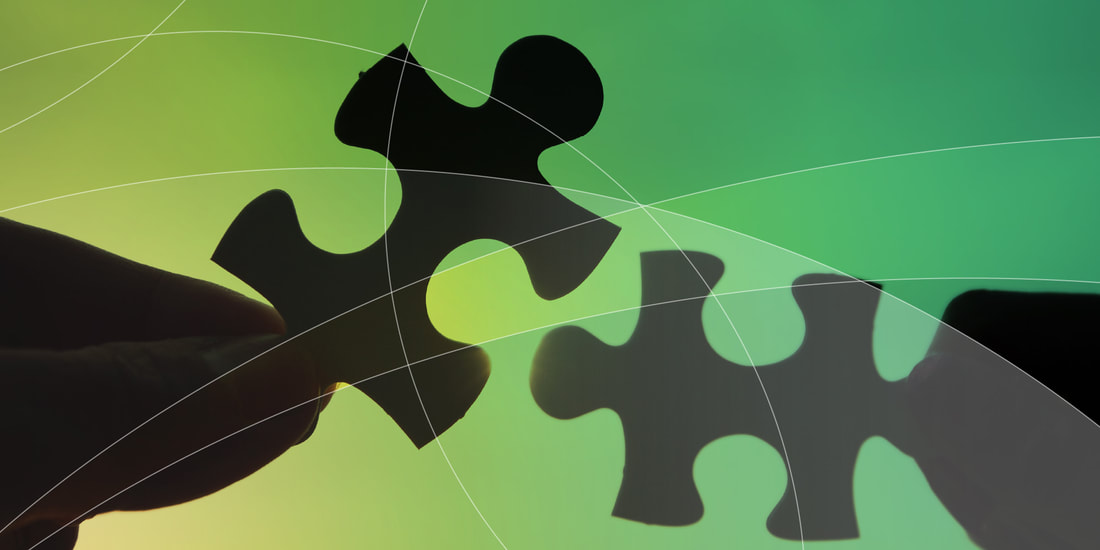
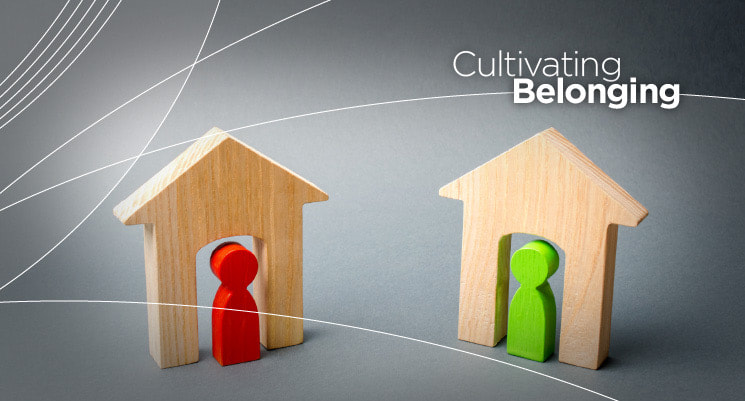
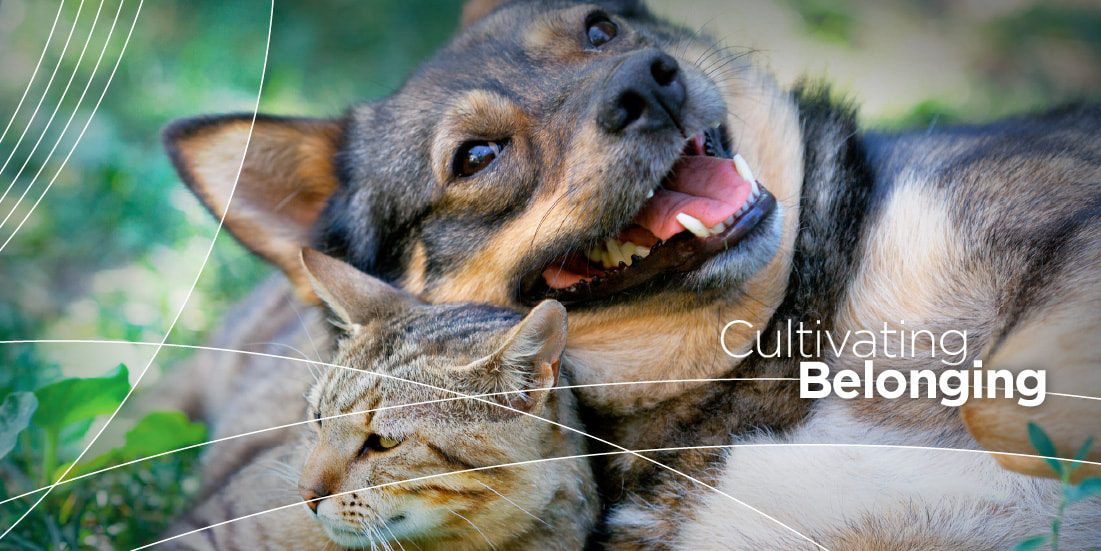
 RSS Feed
RSS Feed